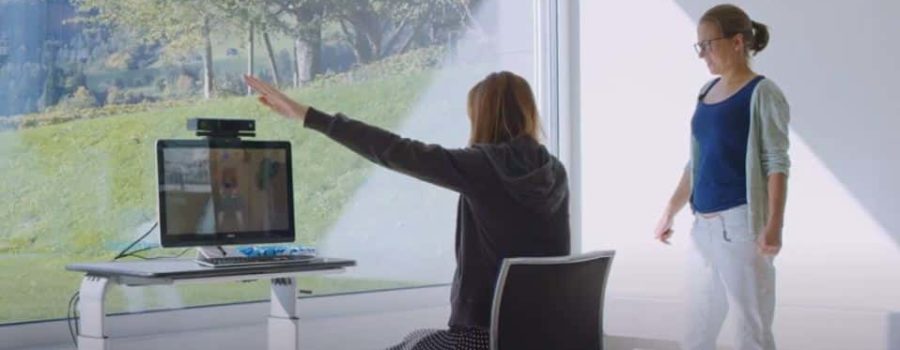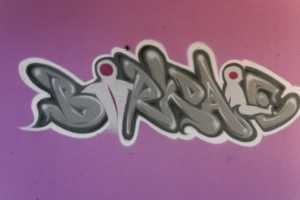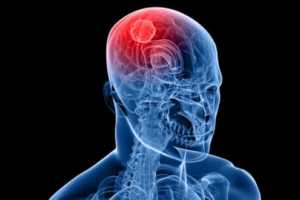Our hands and arms are designed to perform highly skilled movements which allow us to carry out numerous every day tasks; whether that is handling our phone, opening a door, getting dressed or playing sport. To allow for performance of these complex tasks, our hand is neurologically wired for accuracy. This is why upper limb rehabilitation is key to recovery.
In acute stroke, the prevalence of upper limb impairment is common; 50-80%1. In many cases, individuals have difficulty using their arm following a stroke, which can lead to long term reduced use and dysfunction. Recovery can be frustrating. Research suggests that repeated, frequent practice of meaningful tasks to re-educate quality and control of movement along with postural control and balance can reduce these difficulties.
At Birkdale, we understand that the impact of a stroke is different for everyone and varies from individual to individual. We complete a comprehensive initial assessment to examine a wide range of factors and how these interact to limit arm function. We make a planned pathway for upper limb rehabilitation. We assess for muscle and joint changes, alignment, patterns of weakness and sensory loss, pain, thinking and planning issues, fatigue, inattention and other factors which pose challenges to using the arm. We use technology such as EMG and myometer to assess muscle power. Crucially, we want to optimise an individual’s ability to participate in high-dose rehabilitation in order to see lasting functional improvements.
We are particularly interested in research which documents the importance of eye movements in use of the arm for upper limb rehabilitation. In the case of hand-eye coordination, the nervous system depends on information provided by the visual system – and these systems are closely coupled2. During movement of the hand towards a target, the nervous system depends upon information provided by the visual system. Control of gaze is a tool to direct arm movement properly, and likely plays a key role in hand and arm posture for reach and grasp2,3. We use MindMotion GO technology from MindMaze to enable patients to access visual memory, direction and planning of arm movement in space.
Please do not hesitate to contact us if you wish to discuss upper limb rehabilitation for any neurological condition.




